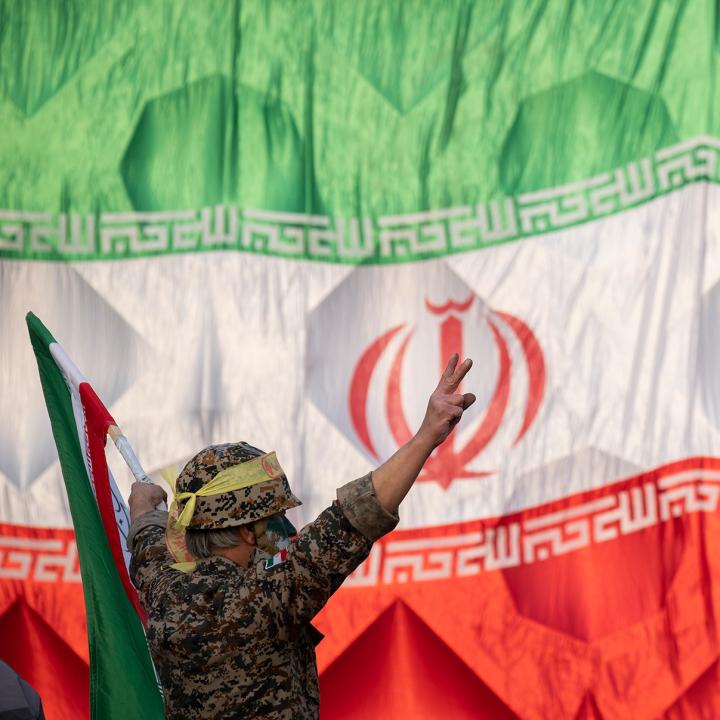
- Policy Analysis
- Articles & Op-Eds
The Narrow Path to a New Middle East: A Regional Order to Contain Iran for Good
by
Dana Stroul
Apr 2, 2025
Also published in Foreign Affairs




